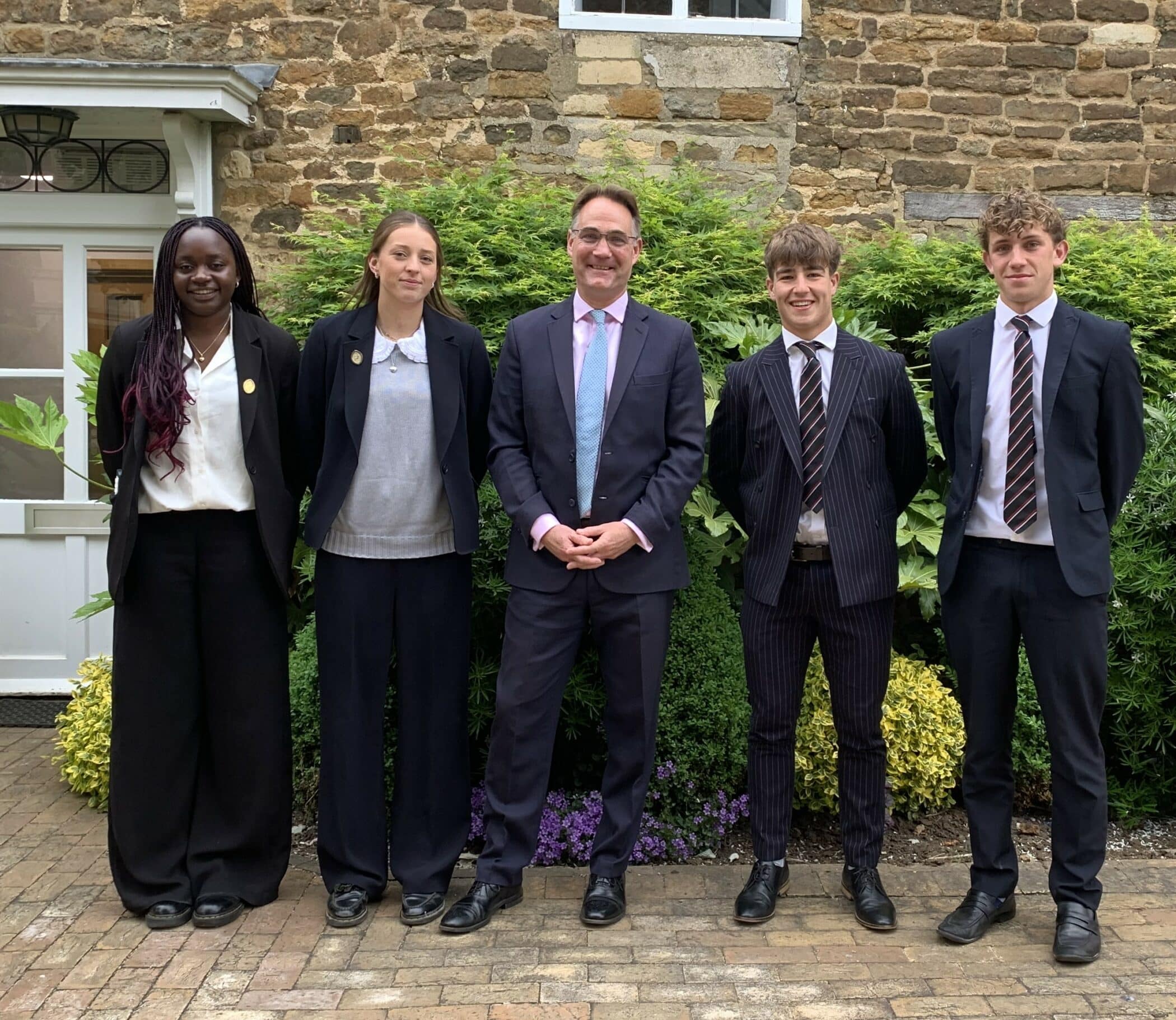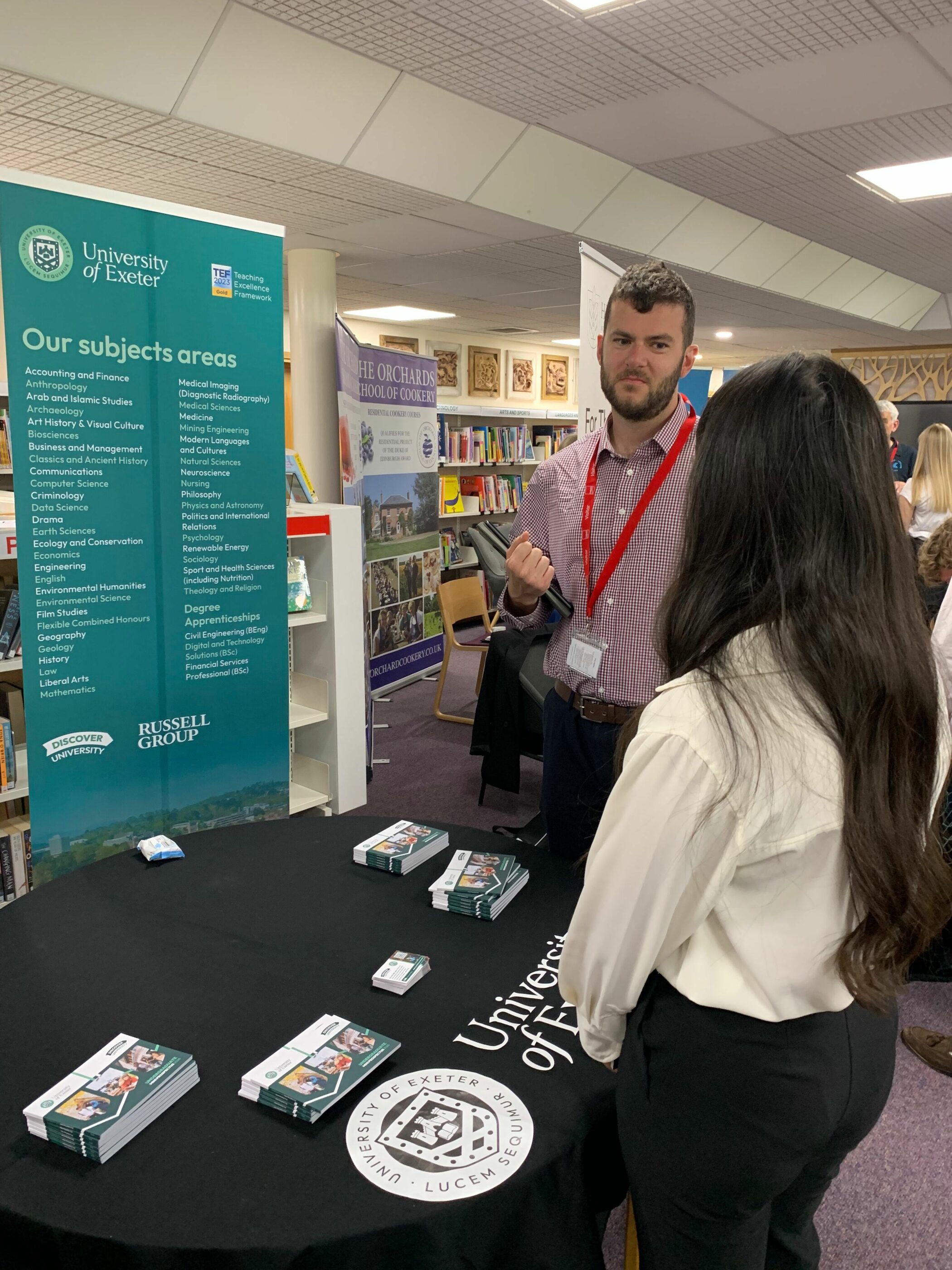FOSIL grew out of our deeply held conviction, expressed so simply and so powerfully by Danny Hillis, that we ought to be able to learn anything by finding out for ourselves. Now Danny Hillis is one of the smartest people on the planet, so he knows a thing or two about learning for oneself. In making this claim, he was addressing one of the four conditions necessary for this to happen – information, and specifically the right information in a building maelstrom of information. The other three conditions are the desire, or at least the willingness, to learn for ourselves, an understanding of the processes by which we learn for ourselves, and growing mastery of the skills that enable these processes.
These conditions, or more precisely these conditions in combination, do not occur naturally in school, and if they occur at all, it is by design. FOSIL, then, is learning to learn anything for ourselves by design.
FOSIL and the desire to learn by finding out for ourselves. This goes to the heart of the matter, because what we truly value is revealed by what we make time for. It takes time to learn to learn for ourselves, and it is difficult. As a consequence, the condition in which the expectation that we learn for ourselves gives rise to the willingness to learn for ourselves, which in turn gives rise to the desire to learn for ourselves, does not exist in many schools. Once it does, an understanding of the processes by which we learn for ourselves becomes necessary.
FOSIL and the processes by which we learn for ourselves. On one level, FOSIL is a model of the inquiry process that is simple to understand and apply. As is often the case, some of our simplest tools are also our most powerful, and this is the case with FOSIL: Year 6 students used it to carry out a closed inquiry into reasons for the ‘greatness’ of Alfred the Great, while, at the same time, a student in Year 12 was using it to carry out an open inquiry into the causes of the underrepresentation of women in computer science.
Stages in the FOSIL Cycle of Inquiry. The simplicity, and power, of FOSIL lies in the logical way the stages in the inquiry process interrelate.
- Connect: Knowledge builds on knowledge, so pausing to take stock of what you already know reveals more clearly what you do not yet know.
- Wonder: Gaps in what you know give rise to questions, some more fruitful than others.
- Investigate: These questions guide your investigation, which is aimed at sourcing reliable information that you can work with.
- Construct: This is the point of learning by finding out for yourself – building knowledge and understanding from information in response to the questions that you have.
- Express: Once you know what you are talking about, you need to be able to share it appropriately, effectively and ethically.
- Reflect: Doug Engelbart said it best when he said that the better we get at getting better, the faster we will get better.
FOSIL and mastering the skills that enable the processes by which we learn for ourselves. On another level, FOSIL is also the specific and measurable skills that enable each of the stages in the Cycle, and these skills develop over the time that a student is at school. For example, the ability to create a list of all the sources used in a bibliography becomes the ability to cite and reference each of the sources used. These skills need to be taught and practised in and across all academic disciplines if they are to be mastered, and this cannot be left to chance. Consequently, we have invested in Mondrian Wall, which is a powerful technology that enables us to map the progression of these skills against the taught curriculum.
FOSIL and the information needed to construct knowledge and build understanding for ourselves. The problem with sourcing reliable information used to be that it was difficult to find because information was scarce. This was primarily a problem of access. Sourcing reliable information is still difficult, but this is because information is overwhelmingly abundant. This is primarily a problem of discernment. FOSIL addresses this problem in two ways. Firstly, it directs students towards a rich collection of age- appropriate scholarly resources, both print and online, which allows them, initially, to focus on developing their mastery of the processes and skills of inquiry. Secondly, the skills that enable Investigate and Construct include, for example, the effective use of internet search engines to find information and the critical use of web-based information.
This provides us with our framework for learning anything by finding out for ourselves, assuming the desire, or willingness, to do so. It is, however, only the first step on our journey, albeit it the step without which the journey does not even begin.
To find out more visit our FOSIL page here.





